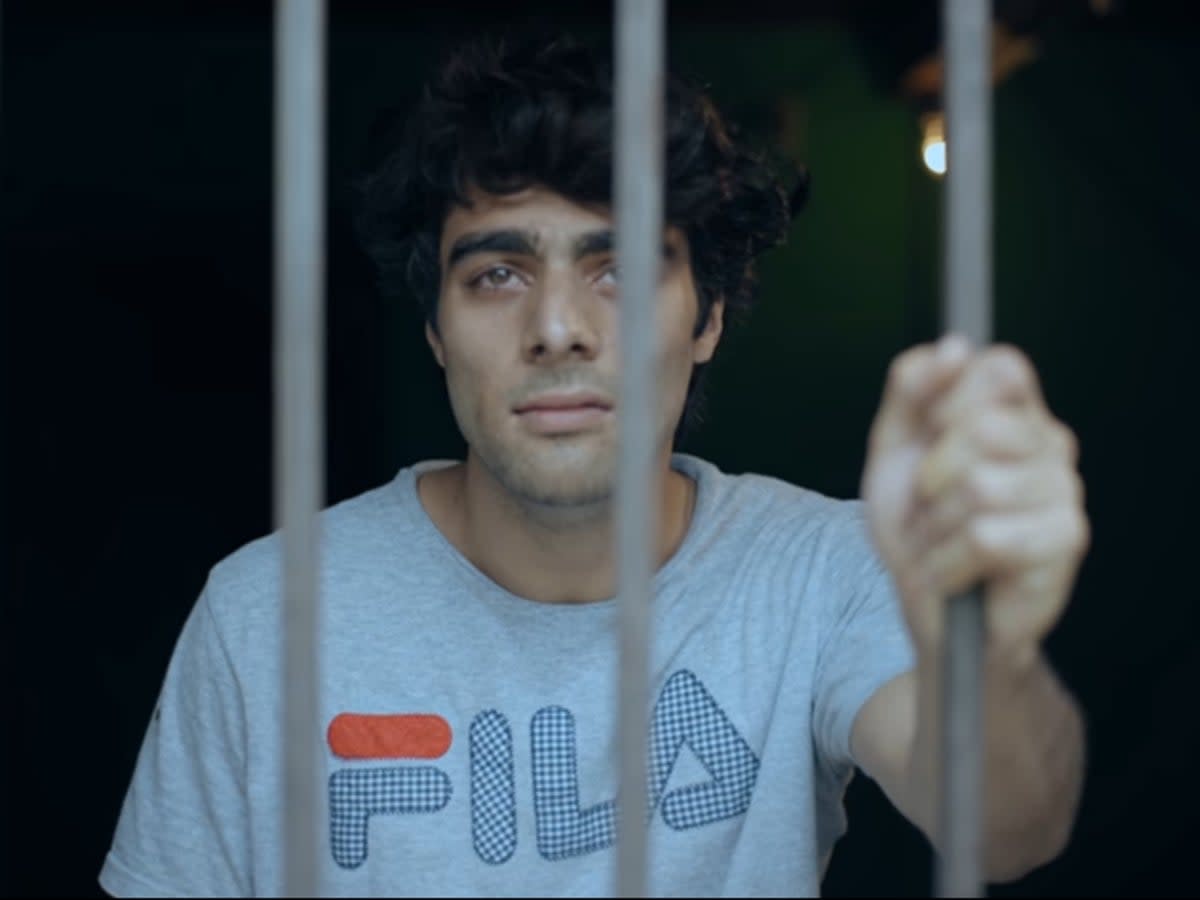Voices: My film was censored by the Indian government – I need the world to know what was in it

The BBC released a documentary entitled India: The Modi Question on 17 January 2023. The film explored the Indian prime minister’s role in the 2002 Gujarat riots which killed over 2,000 people, mostly Muslims, and shared a previously unreleased British foreign ministry report that found Narendra Modi “directly responsible for the ‘climate of impunity’ that allowed the violence to take place”. Within days, the Indian government invoked emergency laws to block the film. Income tax raids on the BBC offices in Delhi and Mumbai followed.
This censorship has personal resonance for me, since Section 69A of the Information Technology Act that was used to ban the BBC documentary was the same law used to block my short film.
On 5 August 2019, the Indian parliament unilaterally revoked the autonomy of Kashmir, a guarantee that was enshrined in India’s original 1949 constitution. In the days that followed, the Indian government banned foreign journalists, blocked the internet for more than 150 days, and imposed a lockdown on the valley. The news that did make it through the blockade was harrowing. More than 3,800 people had been arrested including activists and political leaders. I remember seeing images of child funerals, youths blinded by pellet guns and reports of torture.
I decided at that time to make a film about Kashmir. In May 2022, after two years of labour by a dedicated team working with loaned equipment and almost no budget in one of the most heavily militarised places in the world, we released Anthem for Kashmir, a short fictional film highlighting the suffering endured by Kashmiris.
The film depicts human rights violations including enforced disappearances, the pain of half-widows, and state violence against civilians. In Kashmir, the governing law is the Armed Forces Special Powers Act. Under that law, the forces are authorised to “fire upon or otherwise use force, even to the causing of death” against anyone the army considers to be “violating” the law. My crew risked their lives to make our film in such circumstances. On the last day of filming, a grenade blast on one of our locations put four CRPF personnel in hospital – we had been there just half an hour earlier.
We released the film on YouTube in May 2022 commemorating 1,000 days since the 2019 revocation. It received positive reviews from independent artists, journalists, and human rights defenders in India. Yet, as soon as Anthem for Kashmir crossed 10,000 views on YouTube, I received a notice from the Ministry of Electronics and Information Technology. The notice said that the film was blocked in India pursuant to section 69A of The Information Technology Act, 2000. It did not state why the film was censored, but it required me to attest on a legal affidavit that my film was “not against the: Sovereignty and Integrity of India, Defence of India, Friendly Relations with Foreign Countries, Security of the State or Public Order or any cognisable offence relating to these said conditions.”
A 10-minute short film that threatens the Sovereignty, Integrity and Defence of a mighty nuclear state? I felt my work was being silenced, erased.
This is hardly surprising, given the Indian government’s track record on censorship. In Kashmir, human rights work has been effectively criminalised and even poets cannot escape harassment from authorities.
Umar Khalid, a student leader, has been in jail for over two years. Stan Swamy, an 84-year-old Catholic priest suffering from Parkinson’s disease was arrested under the anti-terror law and died in prison 271 days later. Khurram Parvez, a Kashmiri human rights defender, has been in jail for nearly two years across his multiple detentions. Teesta Setalvad, who had documented atrocities during the 2002 Gujarat riots, was incarcerated and so was R B Sreekumar, former Gujarat State Director-General of Police, who had called out Narendra Modi’s role in the riots as the then-chief minister of the state of Gujarat. Similar state persecution was faced by Mohammed Zubair, the co-founder of the fact-checking website Alt News. Thinker-writers and journalists, like Govind Pansare, M.M. Kalburgi, and Gauri Lankesh, were murdered for their unwavering commitment to secularism and social justice. Reporters Without Borders ranks India 150th out of 180 countries in its 2022 Press Freedom Index.
While a documentary describing the Gujarat riots as a pogrom and a 10-minute short film that highlights human rights abuse in Kashmir are denied public access, the Indian government actively promotes narratives that suit their own purposes. The Kashmir Files, heavily promoted by the government, was criticised by an international film festival juror as vulgar propaganda. The Indian government leads the world in internet shutdowns and uses fake news, including a reported network of at least 265 fake news outlets, to amplify their interests. American technology companies, it seems to me, are too often a willing accomplice. Under new rules passed in 2021, entities like Facebook, YouTube, and Twitter are required to take down content the government deems “unlawful,” and to identify original posters of certain messages. Tech giants work hand in glove to enable authoritarianism in India, as elsewhere.

 Yahoo News
Yahoo News 
